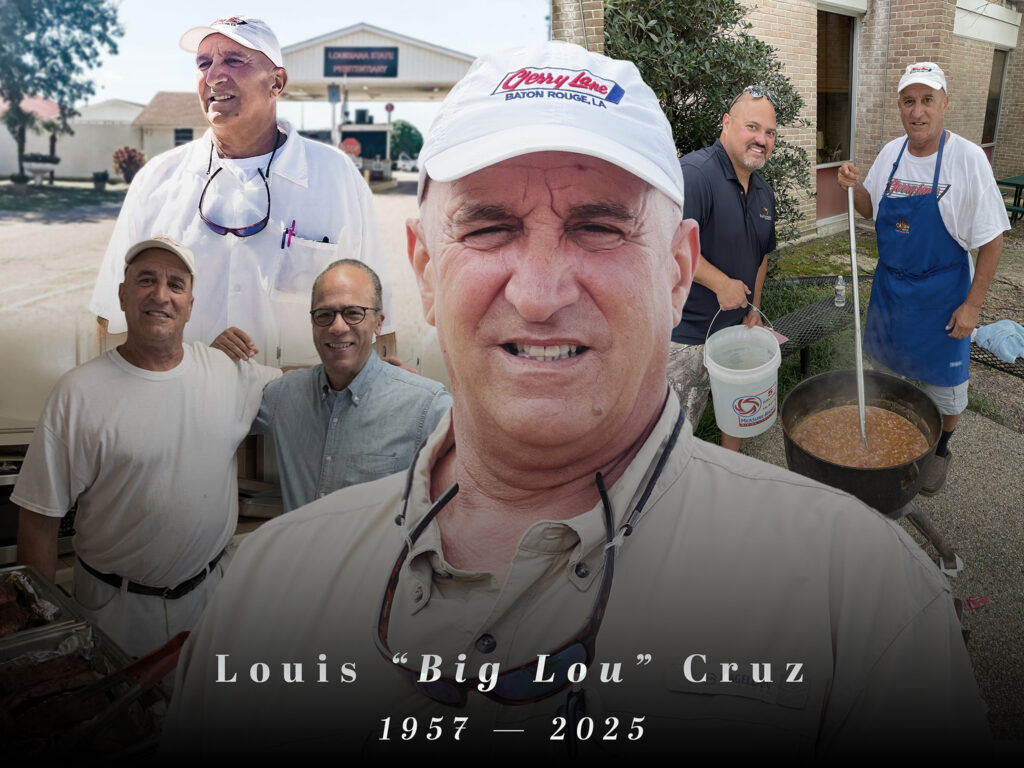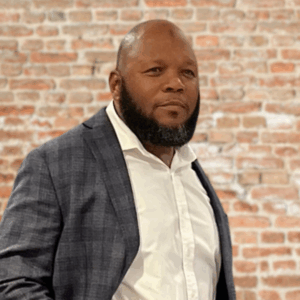He stood 6’5” tall, weighed 240 pounds, and it was clear that Louis Edgar Cruz, Jr.’s nickname, “Big Lou” was fitting. But when meeting him, his imposing size was immediately offset by his friendly smile and warm, caring demeanor that ensures he will be remembered as a gentle giant who spent the better part of his 67 years in service to others. That service came to an end on March 25, 2025, when he passed away following complications from a series of strokes.
Before the start of his funeral mass in Hammond, a proclamation recognizing Big Lou that was signed by the speaker of the Louisiana House of Representatives, Phillip DeVillier, and State Representative C. Denise Marcelle, was read out loud. During the eulogy given by his sister, Jeannine, she recognized the diverse group in attendance, from wardens to public officials, to formerly incarcerated friends and Parole Project staff. Big Lou was a client, an employee, and part of Parole Project’s family. The diversity of those who came to pay their respects was an endorsement of how he lived and the lives he touched during his 40 years of incarceration and after his release in 2021 following a commutation of his sentence and being granted parole. At the end of her emotional eulogy, recognizing how much he was loved and respected, Jeannine concluded by saying simply that she was extremely proud of her brother.
Born in New Orleans, one of five children to a hard-working truck driver father and stay-at-home mother, Big Lou left home at age 18 to work on the Mississippi River. The river is physical, dangerous work, and often attracts hard men who work hard and play harder. Wanting to prove he belonged, he gravitated to a social circle that included drugs, alcohol, and questionable choices. He began living life on the periphery, becoming involved in increasingly risky behaviors. It all caught up with him three weeks after his 24th birthday when he was arrested and, a year later, was sentenced to life in prison.
For many reasons, prison was the turning point in Big Lou’s life. The remorse and shame he felt for the choices that led him there was a much heavier burden than his sentence. He knew he was more than what led him to prison and, driven by his faith, he vowed he would live a life that, to whatever degree, could redeem himself in God’s eyes and in the eyes of those who loved him. While at Angola, he became somewhat of a legend. In the 80s, when women first began working security assignments in the general population, Big Lou could be seen walking with the first female lieutenant as she made rounds. It sent a clear message and set a precedent that it was safe for female employees to work in the population.
One of his passions was cooking. He eventually earned an assignment cooking at the governor’s mansion. In that position, he prepared meals for governors, legislators, members of Congress, celebrities, and more. Once, remembered Juan Dupiere, who first met Big Lou in the parish jail and later worked with him at the governor’s mansion, “We were cooking steaks for a large group of dignitaries, and it was getting dark. There wasn’t a lot of light in the garage where the pit was set up. He used a flashlight to grill dozens of steaks, to order, and they came out perfect. He took tremendous pride in his cooking ability.”
A few years later, Big Lou asked to be transferred back to Angola where he became the head cook and major domo for several wardens. It was there that he earned the respect of the prisoner population, prison staff, and the numerous high-profile visitors to Angola. It seemed that everyone, everywhere, knew Big Lou.
Juan and Big Lou would connect again years later through Parole Project – Big Lou was a Parole Project employee and former client, Juan a newly released client. During the last 17 months of his life, Big Lou’s declining health required full-time care, and he entered a nursing facility in Hammond. Living nearby was Dupiere, who would visit regularly and take him out on occasions to his house, where they could fish at the pond on Dupiere’s property. He remembered the days when they first met, early in their incarceration, and the bond they formed. “We would joke around, but we always said that we would have each other’s back no matter what.” It was a promise Juan did not take lightly.
Big Lou gave his time and talents to help multiple civic organizations, with special attention to Our Lady of the Lake Children’s Hospital which was closest to his heart. While at Angola, he created a crafts pipeline with the prison’s artistically talented men to donate paintings, carvings, and other craft items to the hospital’s gift shop to raise money to support programs for the children. After his release in 2021, he continued supporting the children through the crafts pipeline while also cooking for various charity events around South Louisiana. Giving back was his other passion.
After his funeral, Angola Assistant Warden Anne Marie Easley, who was in attendance, posted this on Facebook: “Rest in Peace Big Lou. … Make sure to cook the Big Man some of your delicious BBQ and don’t forget the cookies. Fly high big guy! You will be missed. Thank you for always taking care of everyone, including our families.”
Big Lou will live in the memories and hearts of many.




